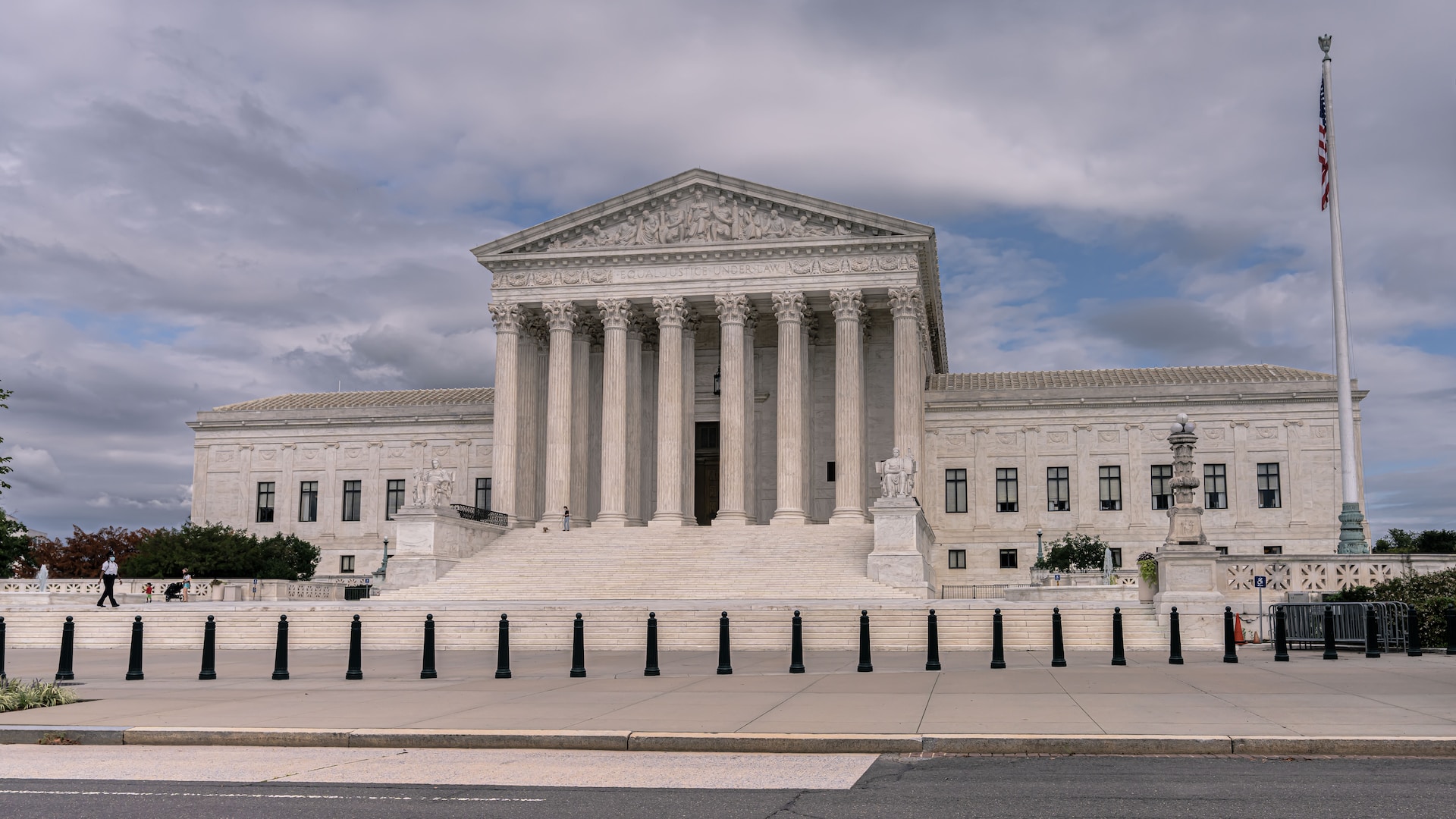Analyzing the Impact of Moore v. United States on U.S. Taxation and Policy
As the U.S. Supreme Court commences a new term, experts and policymakers are closely monitoring the landmark case, Moore v. United States, which has the potential to reshape the nation’s tax code. This case, involving a Washington couple’s substantial investment in KisanKraft, an India-based farming corporation, raises pivotal questions about income definitions and taxation. In this article, we delve into the profound implications of this Supreme Court case and its potential ramifications for U.S. tax policy, including corporate revenues and future wealth tax proposals.
Supreme Court: Decoding the Moore v. United States Case
The Moore v. United States case, featuring a tax dispute by a Washington couple, holds immense significance due to its potential to influence fiscal policy on an unprecedented scale. This case challenges certain tax provisions with broad implications, with experts suggesting that its outcome could be the most significant fiscal policy shift in the modern era.
Deemed Repatriation and the Supreme Court: Impact on Tax Policy
At the heart of the Moore case lies the concept of “deemed repatriation,” a provision introduced through the Republicans’ 2017 tax overhaul. Designed as a transitional tax, it imposed a one-time levy on earnings and profits held in foreign entities since 1986. However, the central debate revolves around the interpretation of income and whether individuals must realize or receive profits before facing taxation.
Moore v. United States delves into the interpretation of the 16th Amendment, which outlines the legal definition of income. The case questions whether individuals must “realize” income before it becomes subject to taxation. This issue, previously raised in debates over federal billionaire tax proposals, holds the potential to shape future tax policies.
Supreme Court’s Influence on Pass-Through Entities: A Tax Policy Turning Point
The Moore case’s outcome could either lead to minor adjustments in the tax code or a seismic shift, especially concerning pass-through entities such as partnerships, limited liability corporations, and S-corporations. Depending on the Supreme Court‘s decision, these entities might experience significant changes in their tax obligations.
A Complex Tax History: Understanding §965 Deemed Repatriation
To comprehend the case’s significance, it’s crucial to explore the background of the §965 Deemed Repatriation of Foreign Earnings. Prior to the 2017 Tax Cuts and Jobs Act (TCJA), U.S. corporations faced a 35 percent corporate tax rate on profits repatriated from foreign jurisdictions. The TCJA introduced this deemed repatriation as a one-time inclusion of accumulated foreign earnings in U.S. taxable income, fundamentally altering the corporate tax landscape.
The potential outcomes of the Moore v. United States case vary in their implications for revenue. If the Supreme Court decides to strike down all or part of the deemed repatriation provision, it could result in a significant reduction in revenue over the next decade, including the possibility of tax payment refunds for 2018 to 2023.
Supreme Court’s Reach Beyond Tax Policy: Implications for International Agreements
Apart from its potential fiscal impacts, a ruling favoring the plaintiffs in Moore could extend its influence on international tax agreements, notably affecting the United States’ compliance with Pillar Two. This international tax agreement imposes a 15 percent minimum tax on large multinational entities and may encounter conflicts if §965 is deemed unconstitutional.
As the U.S. Supreme Court prepares to deliberate on Moore v. United States, it holds the potential to reshape not only tax policy but also broader fiscal considerations. The case’s outcome may redefine existing tax policies, impacting future legislative decisions and adding complexity to the fiscal landscape. In the years ahead, the Supreme Court’s role in tax policy will remain a pivotal point of discussion and debate.

